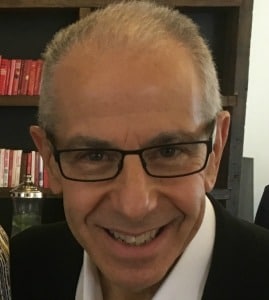
(By Gary Berkowitz) I don’t know about you but growing up my mother always told me to be a “professional man” A doctor, a lawyer, a dentist. When she heard I wanted to go into radio (a very foreign idea to her) there was a bit of disappointment. But alas, all the years later, I’ve discovered that if you’re a radio programmer, you’re just like a doctor; except the patient is your radio station. My mother should only have known this!
When you’re not feeling well and you visit your doctor, there are basics they will immediately look at. For example, they will first listen to discover what might be wrong. Then, look in your eyes, your throat, ears and feel your neck. Then, they will most likely run blood tests. These are the basics of medicine that help lead them to an accurate diagnosis.
The same works with radio. When your station is “not feeling well” here are the top things to look at to diagnose what might be holding you back in ratings.
Listen. I always like to hear the stations “story”. Every station has one. Its history. Hear about its highs and lows. Learn about the market. When you’re having a problem this is always the first step to take.
What is the “Personality and vibe” of the station. How does it feel. The music. The talent. The presentation. Does it “paint a picture” of the market? Every radio station has a personality. If it does not, that’s an area to work on.
What message is the position and imaging sending? Is the position clear and concise? Does it send an instant message to the listener what the station is all about, or is it trying to be cute and clever, missing the main point?
The music. Is it focused and playing the hits? Is the list too tight, or too large? How did it come together? Research or “guessing”.
How is the station’s “digital message”? This is new to my list of basics, but it just may be one of the most important. Do you clearly communicate how to listen on digital devices?
Would I want this station to be my friend? A while ago I coined the phrase “content or companionship.” If radio stations were friends, would I want to be friends with this station?
You may not have an MD (Medical Doctor) title after your name, but in many ways, you do have an RD after it (Radio Doctor). Look at your station’s problems, the same way a doctor looks at a patient who is not well, and you’ll see quick improvements. My thanks to my doctor and friend, Dr. Jeffrey Kraft for the medical tutorial. And one more thing. Please, take two aspirin and call me in the morning!






